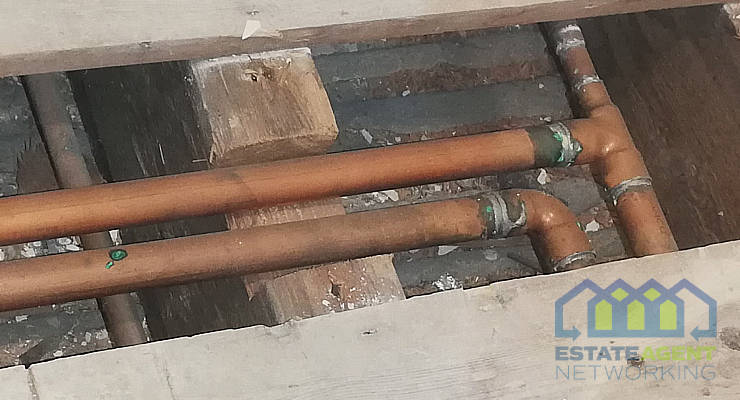Finding the Right Vendors for Specific Parts and Supplies To Run Your Business
There’s no one-size-fits-all business plan for running a successful company. Every entrepreneur approaches their business in their own unique way, and it’s often fun to see all of the different ways that a business can grow from nothing to reaching an international stage. Sometimes it’s sheer luck that propels them to the top, and other times it’s careful planning and taking advantage of trends that can set them apart.
However, if there’s one important thing that all businesses do to become successful, it’s finding the right vendors to supply them with the different parts and items they need to run their business. Without reliable suppliers, it’s virtually impossible to keep your business running smoothly. So how exactly do you go about finding the right vendors, and when should you consider changing to a different supplier? Let’s discuss some common yet important habits when dealing with suppliers.
Start simple and look for the most convenient option to get started
Many entrepreneurs get a little too tied up thinking about the most optimal vendors to work with. They try to squeeze out every bit of efficiency that they can and in doing so, they forget about one of the most important things in business; actually delivering your product or service to customers. This is why it’s important as a small business to find a vendor as soon as possible and then just go with them for the time being. Yes, this may cost more money to get the items that you need to run your business, but it’s ultimately letting you start your company much earlier. As long as you’re making a profit, you can worry about finding a new supplier in the future.
You should also consider that most suppliers are relatively flexible and will offer you deals if you’re with them for a long time. With this in mind, it’s completely possible to stay with the same vendor for many years before you need to change. This is especially true if you maintain a good working relationship with them and it ensures that you’re provided with a steady supply of products and items that help you run your business.
When do you need to change suppliers?
So when exactly should you change suppliers? If you’re going by the previous section’s logic, then you ideally don’t want to change suppliers ever because it disrupts your workflow. However, there are a couple of important situations where you should consider switching.
- Has the quality of the product remained consistent? It’s a good idea to keep a watchful eye over the quality of the products that your vendor supplies you with. Whether it’s an item such as a threaded pipe, planks of wood, or even microchips, the quality should be as consistent as possible to avoid variations in your end product. If the quality has been gradually falling, then you may want to first speak with the vendor to see if there’s a problem and if it can be fixed. If they can’t fix it, show no interest in doing so, or they can’t give you a good reason for the change, then you may want to switch to a different supplier.
- Are you scaling up your operations and need a bigger supplier? If your vendor is unable to supply you with enough product for your needs then it’s usually a sign that you have to scale up your operations. This may involve finding a new supplier in the country, it could involve working with multiple different suppliers, or you might even want to consider ordering larger quantities from an overseas vendor. If you’re working with new vendors, then it’s important to maintain a consistent quality for your products.
- Price can be a factor, but it’s not always relevant. While it’s important to reduce your costs as much as possible, your business shouldn’t be in a position where it suddenly fails because you couldn’t secure a cheaper vendor. While this might be true for smaller production runs, it’s often not the case for businesses that do things on a larger scale. So if you have the opportunity to work with a cheaper supplier, go for it. But do remember that quality and reliability do matter as well, and breaking off your relationship with your previous vendor could be a bad idea.
Working with vendors can be tricky and you may need to eventually make the decision to switch in the future. As long as you’re doing it for a good reason, it should help improve your business’s situation.









